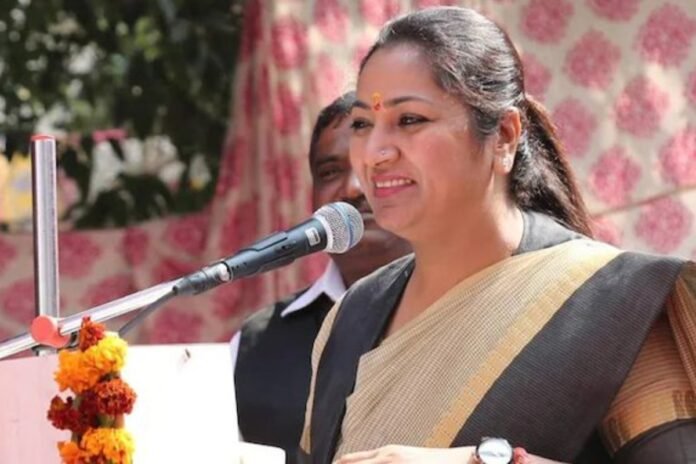Bhubaneswar: In recent years, the Bharatiya Janata Party has consistently surprised political analysts and observers with its unconventional choices for chief ministerial candidates, and the situation in Delhi exemplifies this trend.
The party’s recent appointment of Rekha Gupta, a first-time Member of the Legislative Assembly (MLA) and a former councilor, has raised eyebrows and disappointed several prominent contenders for the position. Notable figures such as former Member of Parliament Parvesh Verma and three-time MLA Vijendra Gupta had anticipated that their political experience and established connections would secure them the chief ministerial role.
By selecting a relatively unknown candidate like Gupta, the BJP aims to project a fresh image while also ensuring that established political figures do not gain too much power or ambition, which could lead to internal rivalries and conflicts.
The BJP’s strategy appears to be focused on harnessing Gupta’s potential to champion women-centric initiatives that are central to the party’s manifesto. Among these initiatives is a proposed monthly financial assistance of Rs 2,500 for women in Delhi, which is Rs 400 more than what the Aam Aadmi Party (AAP) suggested.
The choice of Gupta also serves a dual purpose: it allows the BJP to maintain a degree of control over the leadership dynamics within the party while simultaneously presenting a candidate who is expected to be dedicated and aligned with the party’s goals.
However, with the party leadership’s decision to appoint Rekha Gupta, both Parvesh and Vijendra are now in a position where they must rally behind the new Chief Minister and contribute to effective governance.




























